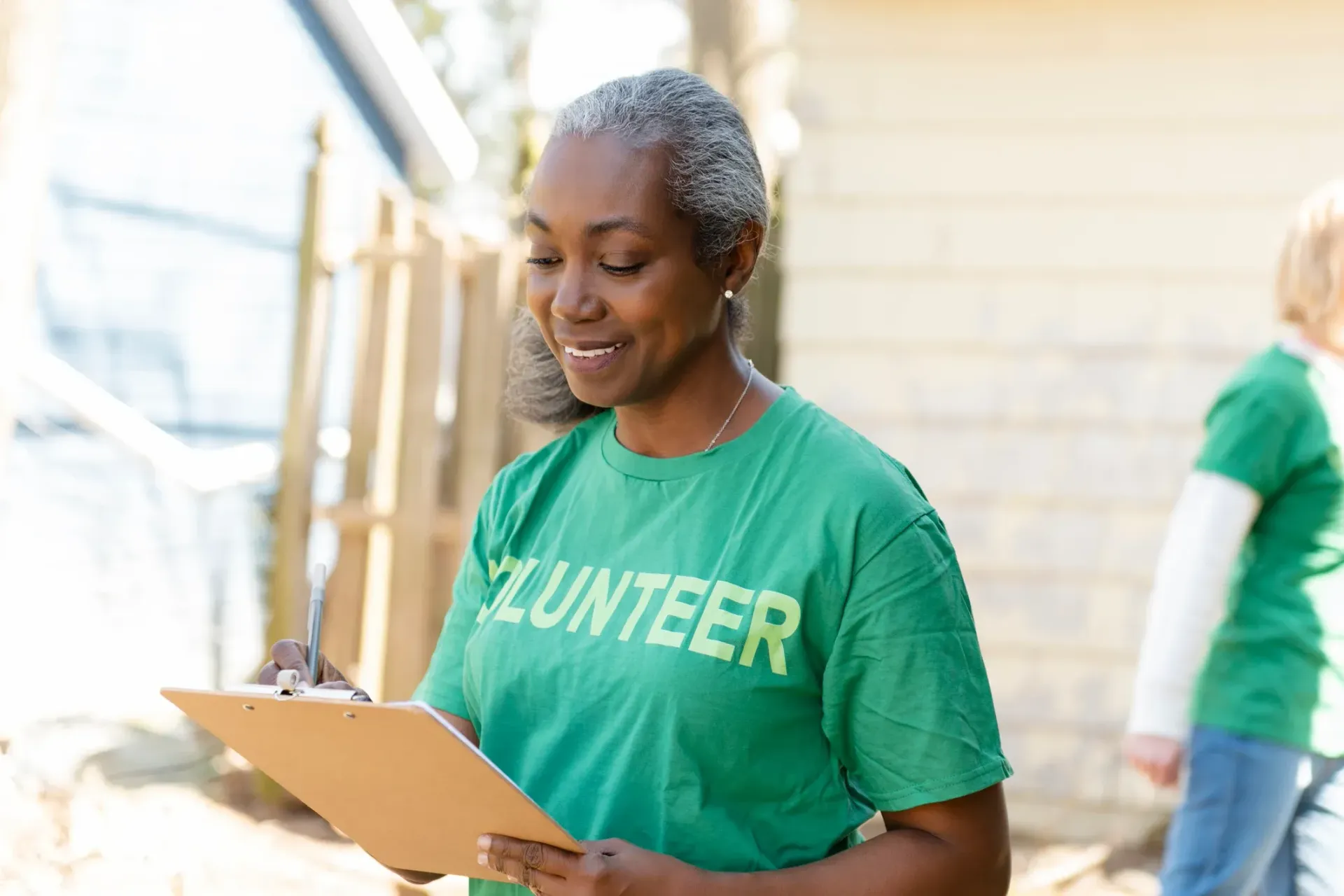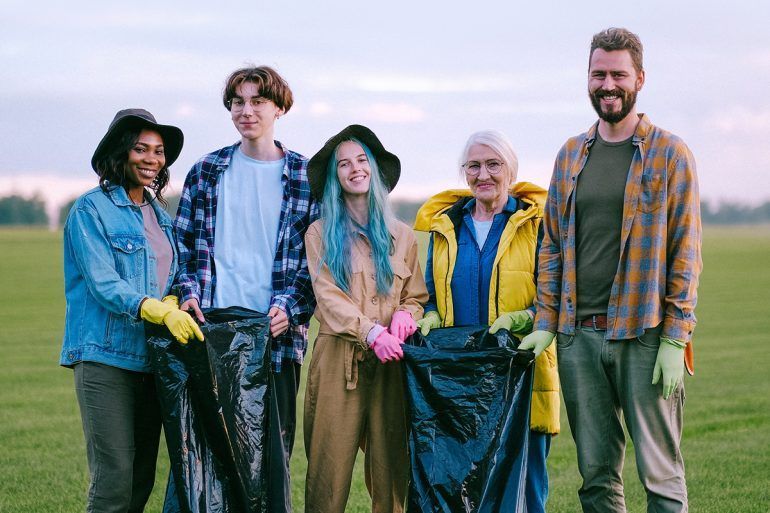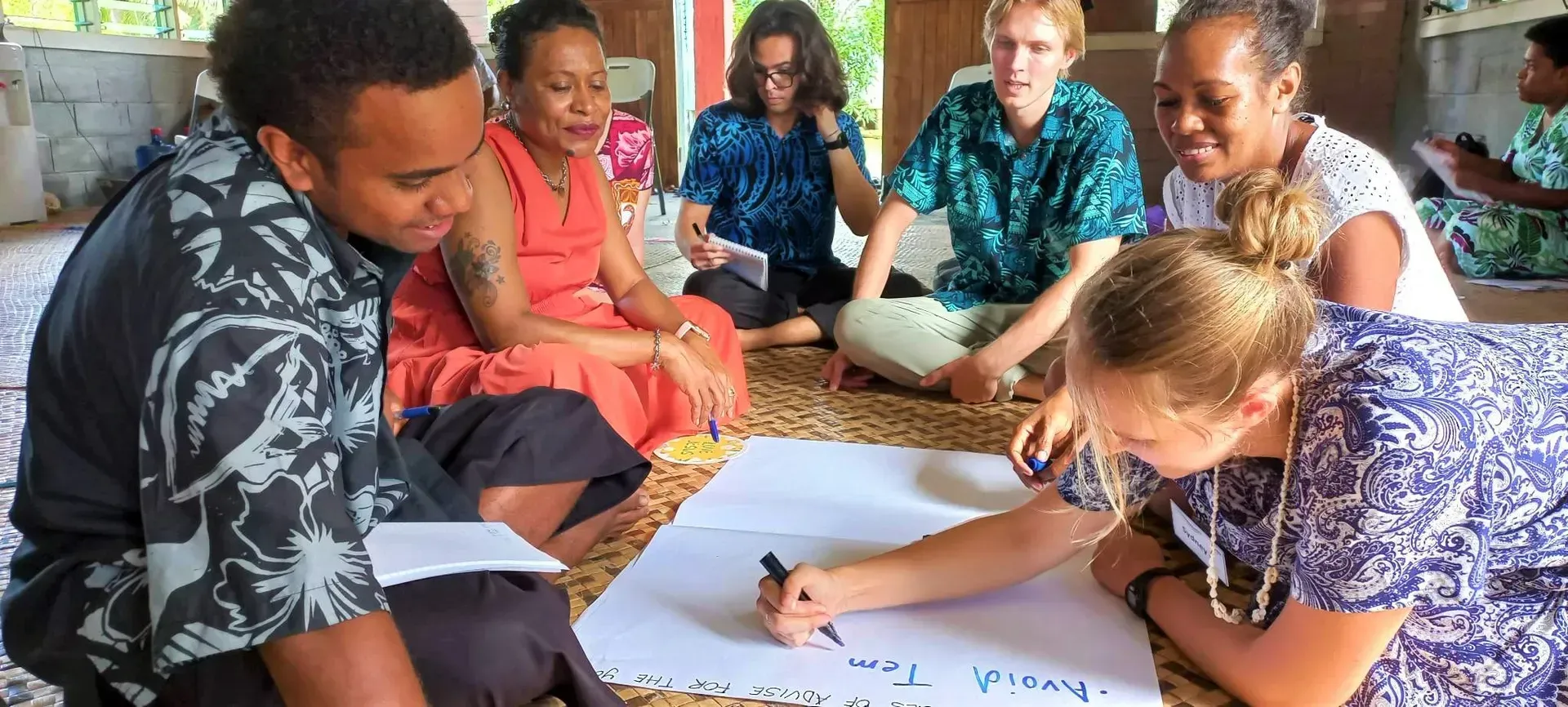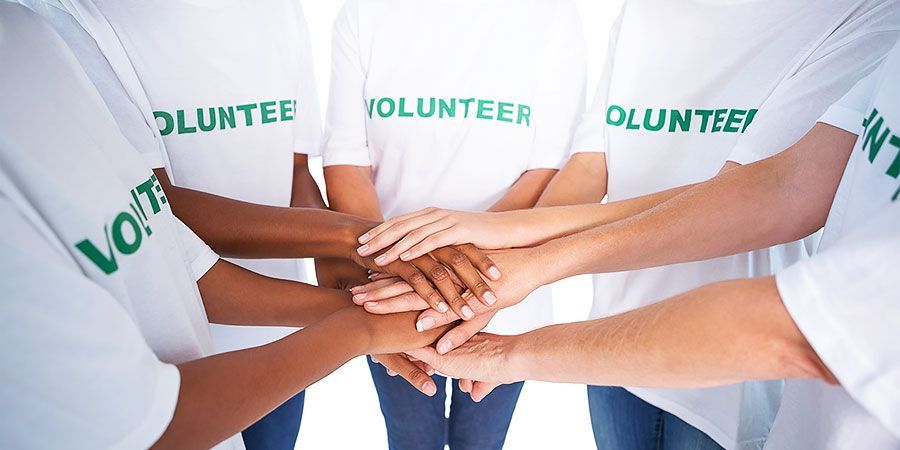Can Volunteers Without Experience Take Blood Pressure?
Yes, volunteers without experience can take blood pressure in some programs, but training is essential to ensure accuracy and safety. If you are an individual or an organization seeking answers to this question, keep reading to gain a deeper understanding of this topic.
Volunteer Blood Pressure Training: What You Need to Know
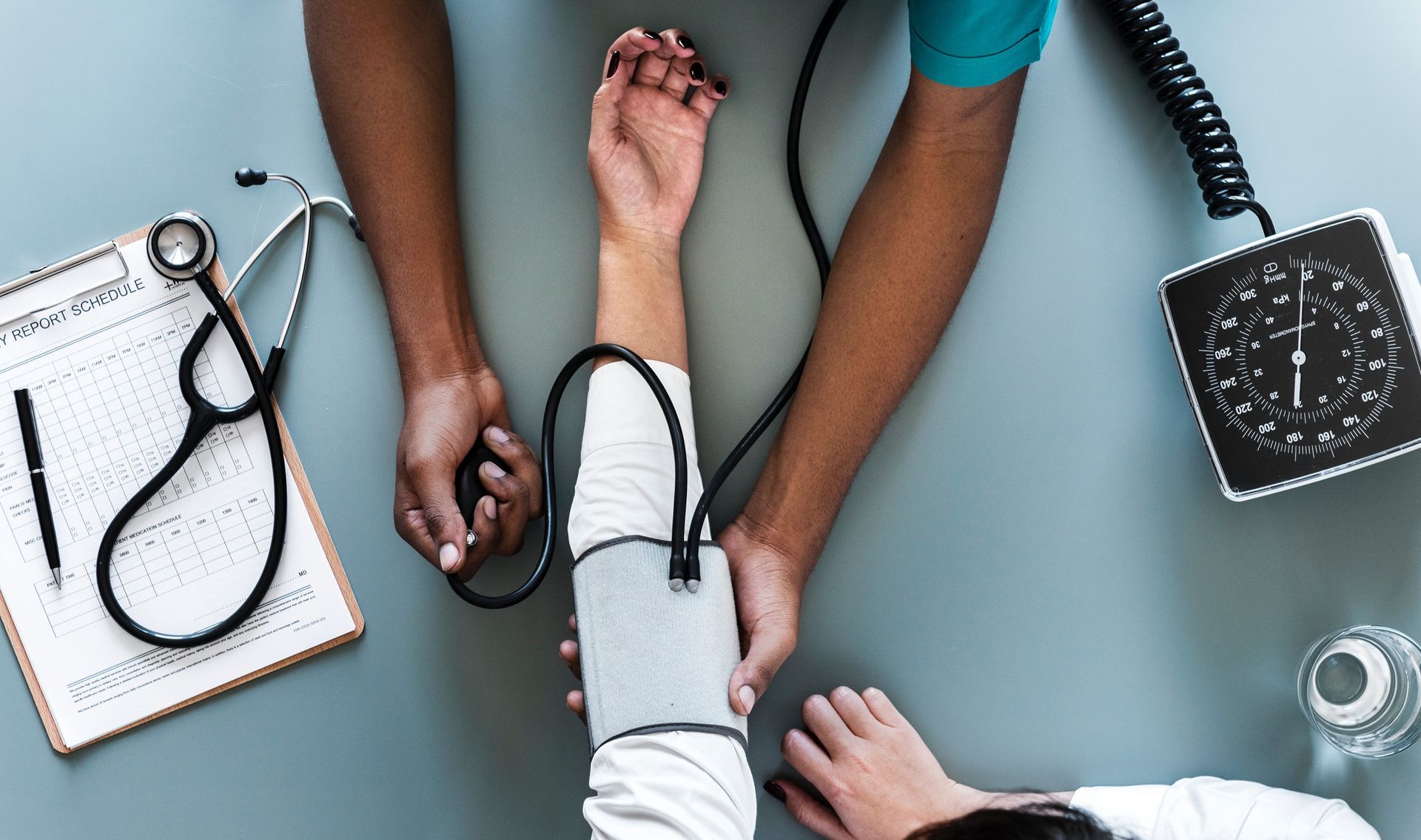
Before you start volunteering to take blood pressure, it's important to understand the training requirements. Most programs that allow volunteers to take blood pressure offer specific training sessions. These training programs provide an overview of how to use the equipment, interpret readings, and educate participants about their blood pressure numbers. For example, many community health initiatives provide a step-by-step guide on how to operate a sphygmomanometer and perform the measurement effectively.
Training sessions often cover various skills that go beyond the technical aspects of using a blood pressure cuff. Volunteers are taught how to communicate effectively with participants, making them feel comfortable and explaining what their numbers mean in simple terms. This ensures a positive experience for participants and encourages them to take their health seriously.
Can Volunteers Measure Blood Pressure Without Training?
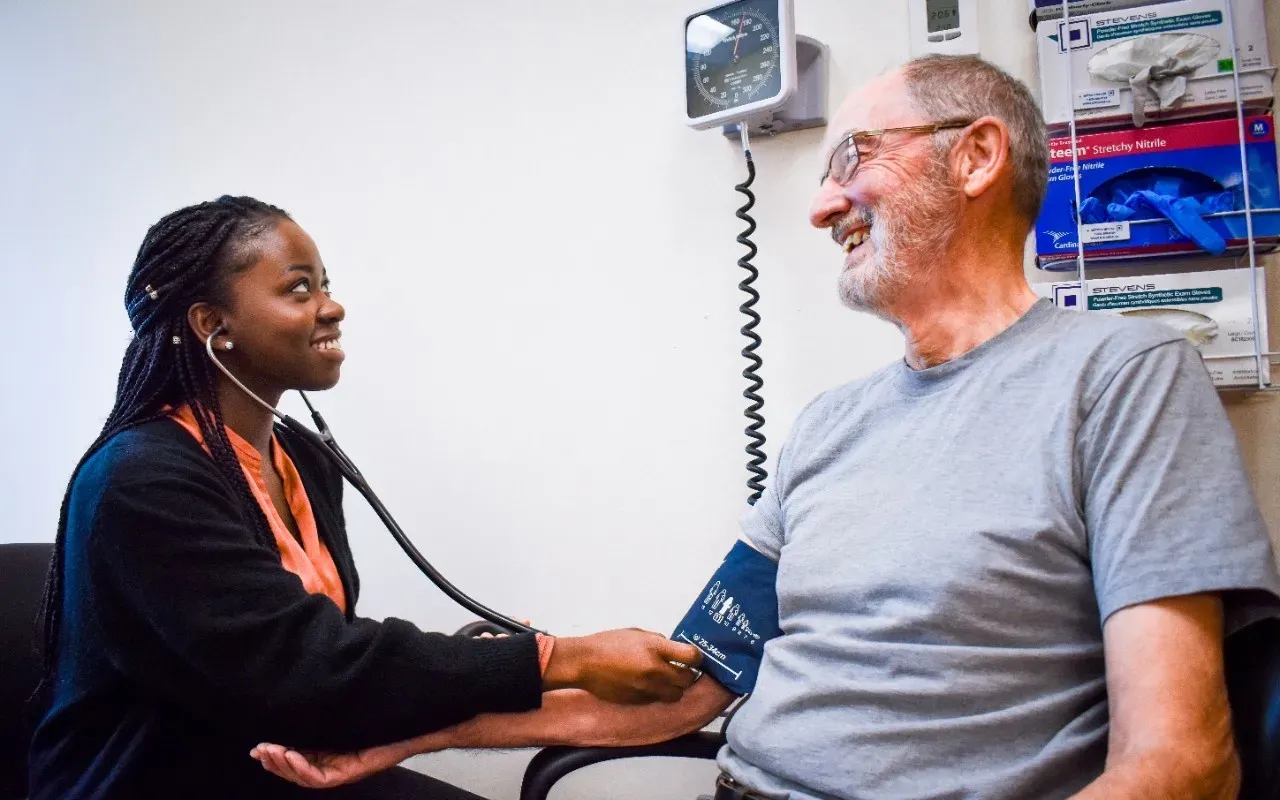
While it's possible for a volunteer to take blood pressure without training, it's not recommended. Proper training is crucial to avoid inaccurate readings, which can lead to incorrect conclusions and potentially harm participants. Without the right knowledge and skills, volunteers may struggle with tasks like selecting the correct cuff size, ensuring proper arm positioning, and understanding how stress or other factors can impact readings.
Programs that rely on volunteers typically prioritize safety and accuracy. As a result, they usually require or strongly recommend training before allowing volunteers to take part in blood pressure monitoring. This helps ensure that volunteers are prepared and confident in carrying out their responsibilities.
Background Requirements: Do Volunteers Need Medical Experience?
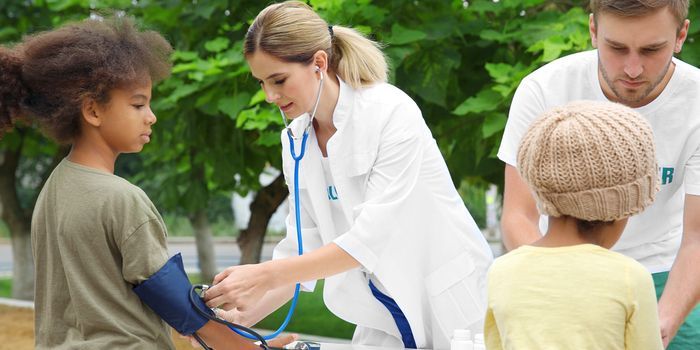
When it comes to volunteering in healthcare settings, some programs prefer volunteers with a clinical or health education background, such as nurses, physician assistants, or health educators. These individuals already possess the foundational knowledge required for accurate monitoring and can bring an added level of expertise to the role.
However, many community health initiatives welcome volunteers without medical backgrounds. The key here is training. For those without previous experience, the opportunity to undergo training allows them to gain the skills necessary to participate effectively. Community health programs recognize the value of enthusiastic and committed volunteers, and they often provide the training needed to help bridge any knowledge gaps.
Blood Pressure Monitoring by Inexperienced Volunteers: Is It Safe?
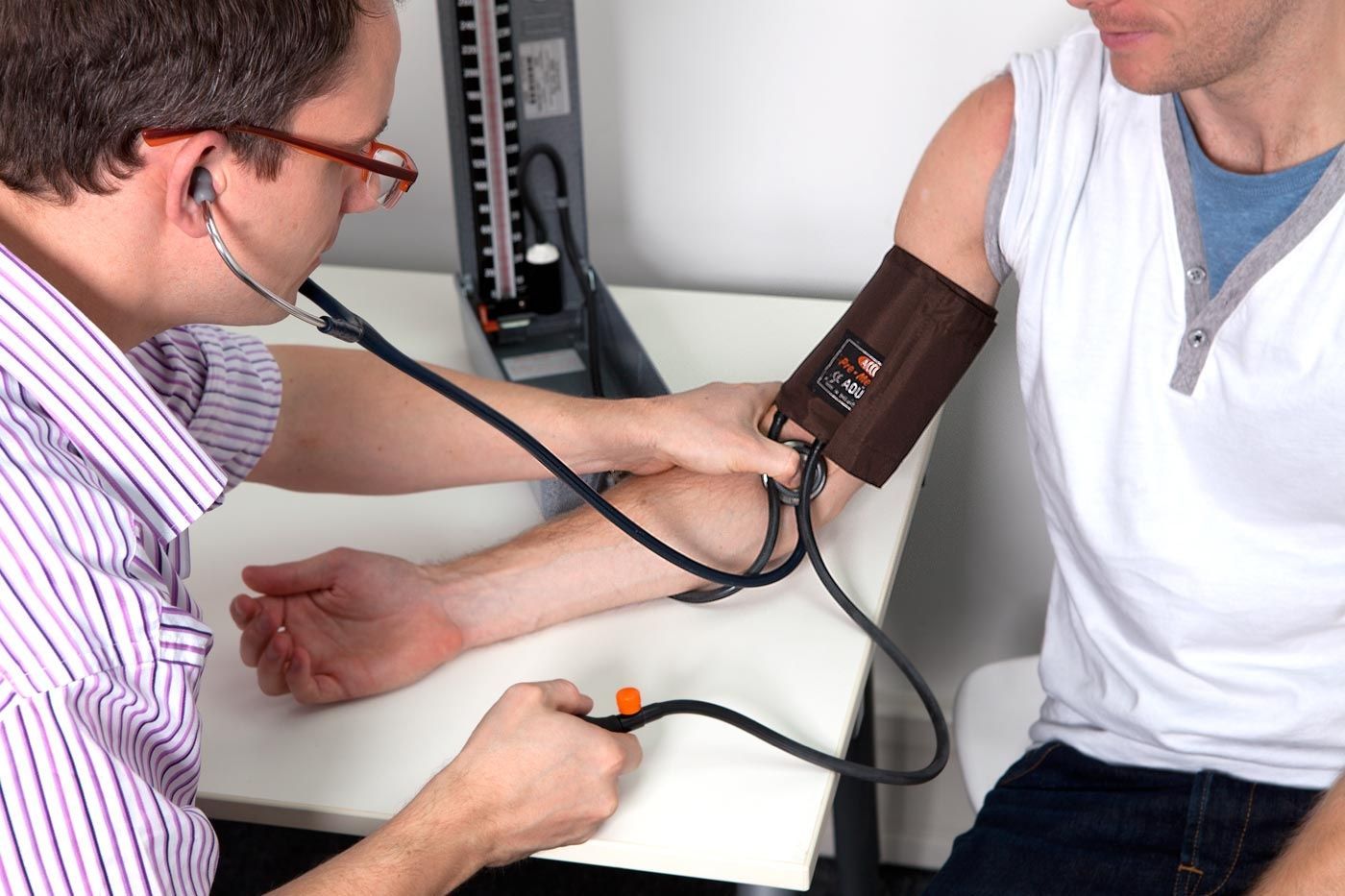
Safety is a significant concern when it comes to medical procedures, even if they are as routine as blood pressure monitoring. The question of whether it's safe for inexperienced volunteers to take blood pressure largely depends on the quality of the training they receive. Programs that require training ensure that volunteers understand the risks, the correct procedures, and how to respond if a participant's blood pressure is outside the normal range.
Training typically includes guidance on recognizing warning signs that may require further medical attention. For example, if a participant has extremely high or low blood pressure, the volunteer should know how to handle the situation and refer them to a healthcare provider if needed.
Understanding HIPAA: Volunteer Responsibilities with PHI
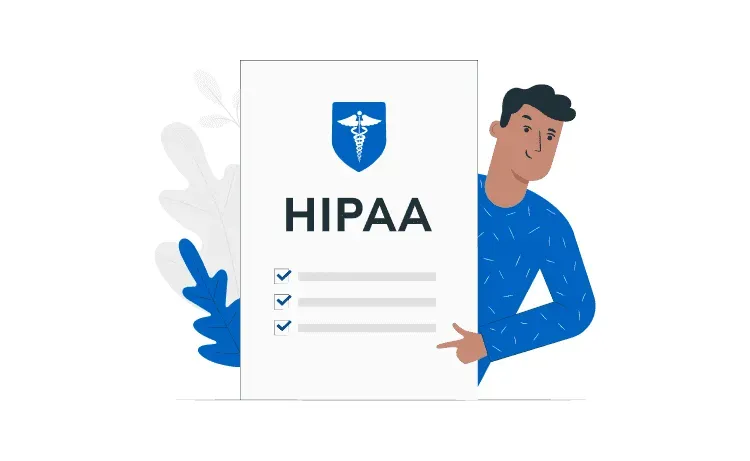
Volunteers involved in taking blood pressure also need to be mindful of privacy laws. Specifically, the
Health Insurance Portability and Accountability Act (HIPAA) outlines how protected health information (PHI) should be handled. Even as a volunteer, understanding HIPAA and the organization's PHI protocols is essential to ensure participants' privacy is respected.
For example, a volunteer might need to record blood pressure readings or enter data into a system. In these situations, it's important to handle the information discreetly and follow the organization's guidelines to ensure participants' confidentiality.
Can Non-Professionals Take Blood Pressure? Practical Guidelines

Non-professionals can take blood pressure as long as they are adequately trained. Here are some practical guidelines for volunteers who want to learn:
- Enroll in a Training Program: Seek out organizations that offer specific training on taking blood pressure. Training ensures that you know the correct procedure and can confidently measure and interpret results.
- Practice: Taking accurate blood pressure readings requires practice. Practicing under supervision before taking readings independently is crucial for becoming proficient.
- Understand Your Role: As a volunteer, you may also be responsible for explaining what the numbers mean and helping participants understand the importance of blood pressure monitoring.
- Refer When Necessary: If a reading is concerning, your responsibility is to refer the participant to a healthcare professional. Volunteers should know when a situation requires further medical intervention.
How to Learn to Take Blood Pressure as a Volunteer Without Prior Experience
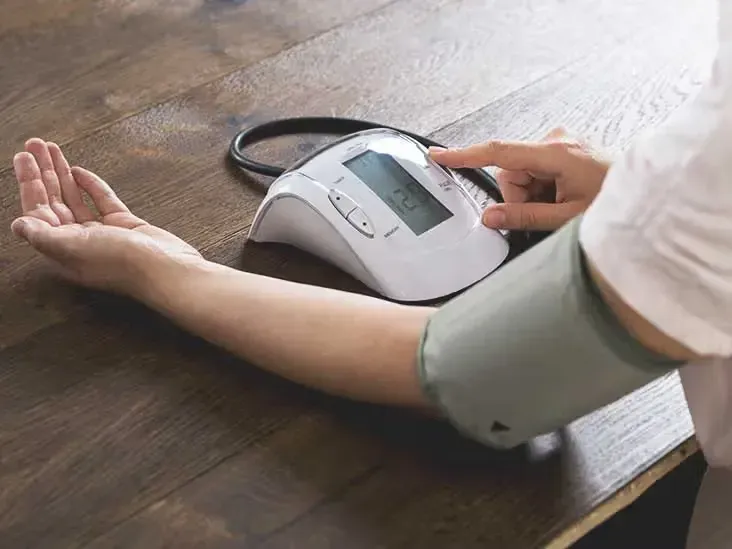
If you are interested in becoming a volunteer who can take blood pressure, you can start by researching community programs that offer the necessary training. Look for clinics, nonprofit organizations, and health fairs that welcome volunteers. These programs usually have opportunities for individuals who want to get hands-on experience in healthcare.
Start by reaching out to local health clinics or community centers that host health fairs. Many of these centers have volunteer opportunities available for people without prior medical experience. The key is to express your interest in learning and to be open to training. By undergoing training, you will gain the necessary skills to contribute effectively.
Responsibilities of Volunteers Taking Blood Pressure
Taking blood pressure as a volunteer involves more than just using a blood pressure cuff. Volunteers have several responsibilities, including:
- Explaining the Procedure: Making participants comfortable by explaining what the process entails.
- Interpreting Results: Sharing the meaning of the blood pressure readings in a way that is easy to understand.
- Referrals: Recognizing when a participant needs further medical care and referring them to a healthcare provider.
Is It Safe for Volunteers to Take Blood Pressure Without Formal Training?

The safety of taking blood pressure without formal training is a common concern. Training provides the foundation for accuracy and safety in blood pressure monitoring. Without formal training, there is a risk of incorrect readings, which can lead to participants not receiving the care they need. Therefore, while it's possible for volunteers to learn informally, it's always best to seek formal instruction.
Conclusion
So, can volunteers without experience take blood pressure? Yes, they can, but training is essential to ensure accuracy and safety. What are the usual tasks of volunteers? Whether you have a medical background or are simply passionate about healthcare, you can make a difference in your community by learning how to take blood pressure and help others understand their health better. By undergoing training, understanding your responsibilities, and being mindful of privacy concerns, you can contribute effectively and safely to community health programs.





